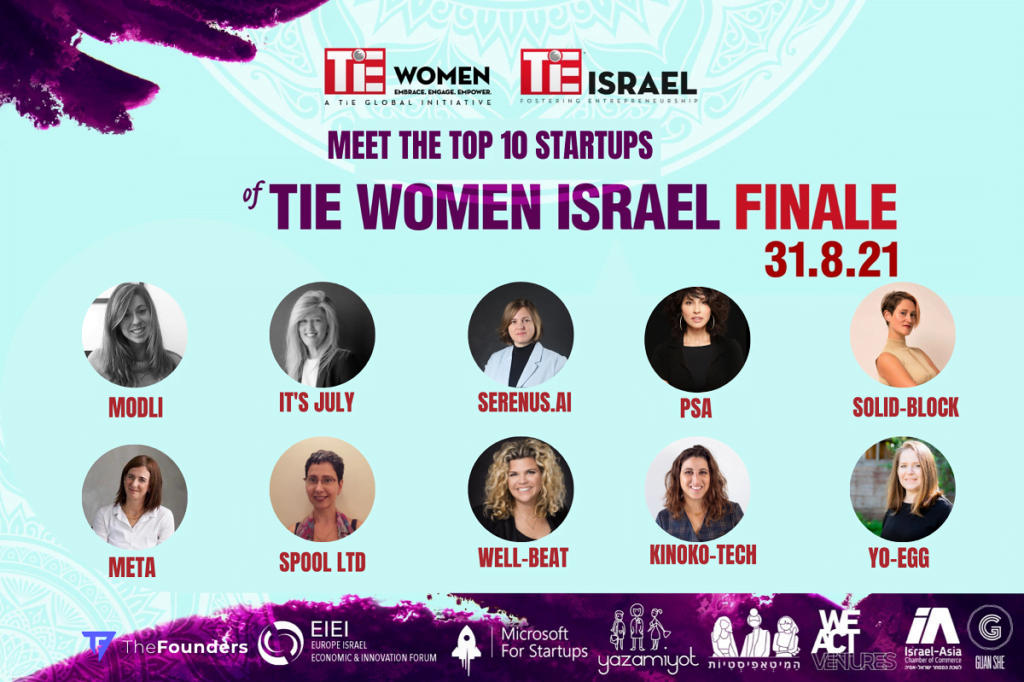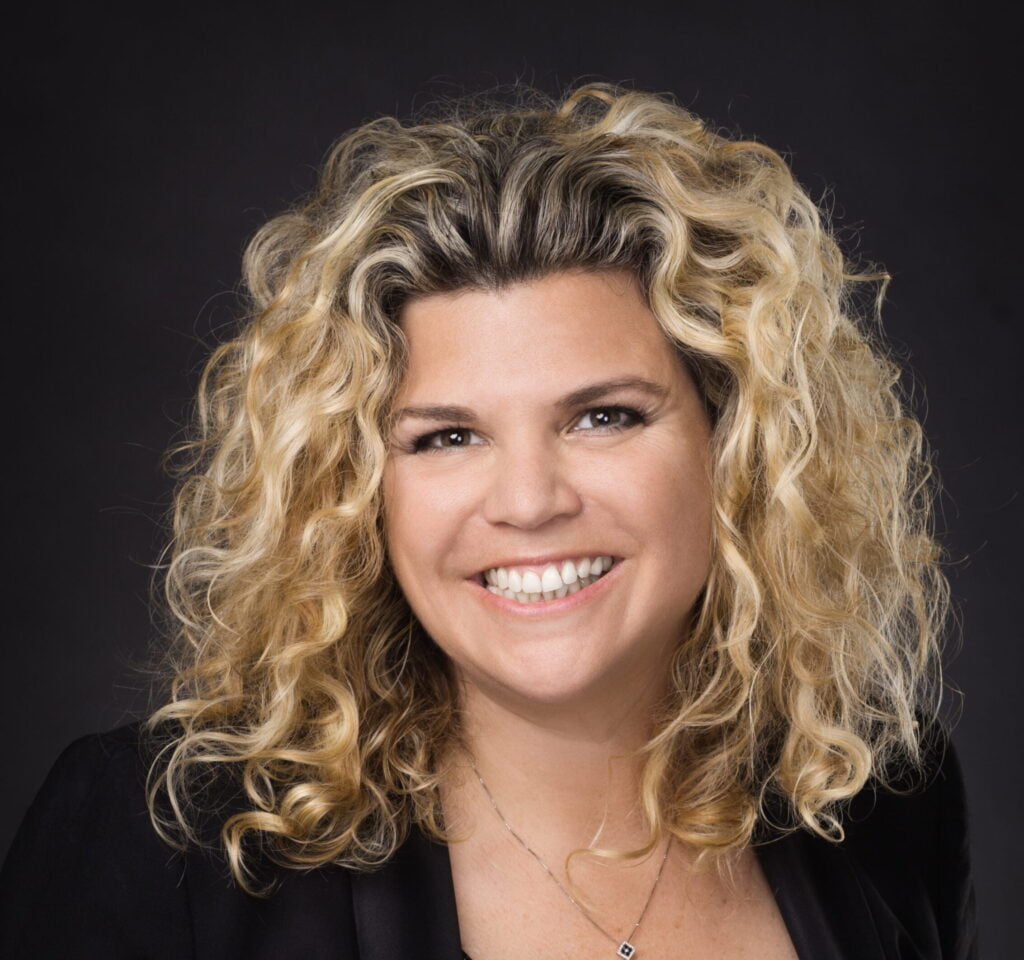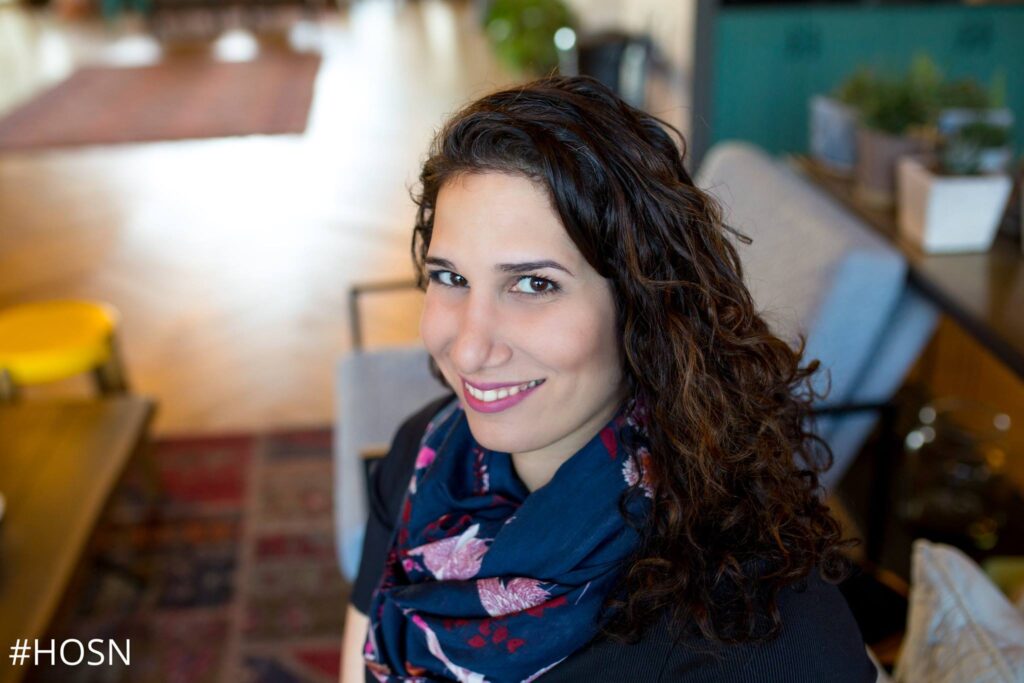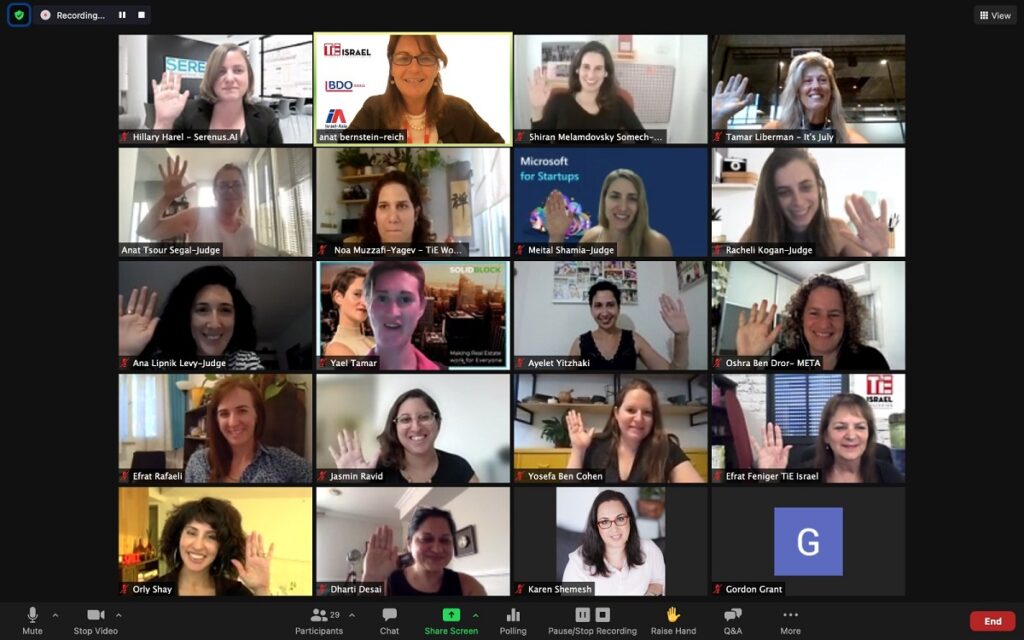In just a few short weeks, Well-Beat CEO and Co-Founder Ravit Ram Bar-Dea will fly to Dubai to represent Israel in the TiE Women Entrepreneurship Competition, the second-annual contest where female founders and entrepreneurs from across the globe can get noticed and receive support from mentors and investors.
Bar-Dea won a local women’s only entrepreneurship contest in August, which was held in Israel for the very first time. She will head to Dubai next month to represent Israel against 35 other female entrepreneurs from around the world.
“We didn’t think we would participate,” Bar-Dea candidly tells NoCamels, “We were just too busy with developing our platform and closing at least three commercial contracts with US partners. However, our marketing manager [Karen Shemesh] applied – and we won.”
TiE Women is one of the largest networks in the world, predominantly in the United States and India, although it has started spreading out to more countries, e.g. Nepal and the MENA region, as well as Europe. According to its website, its vision is to embrace, engage and empower women entrepreneurs and provide them with learning opportunities, mentoring and advice, access to funding, scalability, and community.

The TiE Women Entrepreneurship Competition culminates with a grand finale in Dubai, where finalists across TiE chapters will meet during Expo 2020 in the United Arab Emirates. They have the opportunity to win up to $100,000 and gain support from experts in their fields.
Ten female CEOs participated in the local competition, including Yael Tamar, founder of real estate blockchain startup SolidBlock, Dr. Jasmin Ravid, founder of plant protein startup Kinoko-Tech) and Hillary Orly Harel, founder of AI medical startup Serenus.AI ), who were runner-ups and will participate in Tie Women’s global accelerator program.
The winner

Founded in 2015, Well-Beat is a cloud-based service embedded into healthcare systems as a white label product. It combines AI technology, machine learning, and behavioral science to create a patient-engagement solution. These tailored interactions are designed to provide professional teams and patients with enhanced and continuous care and treatment options. With the ability to tailor care, health professionals can best advise patients on the most appropriate course of treatment.
“There are a number of communication interfaces with which we can communicate with patients,” Bar-Dea explains. “Bots, SMS, video and face-to-face interactions are all possible.”
Bar-Dea utilized her more-than-25-years experience in business with a focus on psychology and marketing, as well as working with pharmaceutical and insurance companies to try and understand why individuals make the decisions that they do and what triggers them – even if it is sometimes against their own best interests.
“I began to understand that not every patient will listen to their physician. Well-Beat’s AI and ML combines to understand the root cause why a person behaves in ‘x’ or ‘y’ manner. If a person has diabetes and won’t follow the new diet, at the end of the day they might lose a leg or a foot. We tried to decipher what wording or triggers we should push to encourage people to respond more actively.”
TiE Israel
Noa Muzzafi, an Israeli-Asian innovation expert, who advocates for female entrepreneurship, is TiE Israel’s program director. For the TiE Chapters in Israel, the first of which was established in 2016 and the second only this past June, the chance to represent the country alongside other women in the Middle East and beyond is an important one.
Sign up for our free weekly newsletter
SubscribeFor Muzzafi, and all the women involved on a pro-bono basis in TiE Israel – including GM Dr. Efrat Feniger, current President Anat Bernstein-Reich, who originally brought the organization to Israel in 2016, entrepreneur Shiran Melamdovsky Somech and Ana Lipnik Levy, co-founder & Global CMO at The Founders to name but a few – are incredibly supportive of women in tech communities.
SEE ALSO: Peres Center Honors 11 Women With Inaugural ‘Medal Of Distinction’
Muzzafi admits to a little pushback while promoting a competition that was exclusively for women, but countered that “women in tech still need that competitive edge.” There were specific application requirements for the competition, including that at least half of the founding members had to be women or that the company should employ a certain number of women.
“Women do support other women in this industry – but there aren’t a lot of platforms that are only geared to women – you have to find the right partners,” she tells NoCamels.
One size does not fit all
One of Well-Beat’s most powerful innovations is its use of 1,400 different clusters or “segments.” Bar-Dea says that “the company knows how to create 10,000 intelligent interventions. One size does not fit all and some people need more – or different – support than others.”
It uses omni-channels to affect the precise timing of messages to the patients, which helps craft the type of messaging. “Some people want to hear other individual’s success stories and are motivated by that comparison,” Bar-Dea continues. “However, other people are data, not emotionally driven. We support providers with simple snapshot tools of do’s and don’ts when in conversation with a patient.
Well-Beat partnered with the Accelerate, Redesign, Collaborate (ARC) innovation hub based at the Sheba-Tel Hashomer Medical Center in Ramat Gan to run a pilot program. In the initial stages of its development, only 25 percent of patients complied with the rehab conditions. “By creating an sms and pushing it at the right time alongside a continuously monitored telescript – we were able to triple the level of compliance to some 75 percent. It’s a system that can be scaled up very quickly to juggle lots of patients.”
If Bar-Dea had a catchphrase it would probably sound something like, “So much to do and so little time.” However, despite there not being enough hours in the day, she is excited about going to the United Arab Emirates. “We just have to be there,” she states matter-of-factly.
She also sees the innate value of the Abraham Accords, reasoning that “peace is one of the most important things. It is the only way for us to live a good life; I don’t really see that we have any other choice.” Indeed, she views the competition as a “big deal.” “We should really embrace this opportunity and make it as meaningful as possible. It’s a significant thing that Israel and the UAE started here. It is a chance for us to showcase the strength of our economy and the innovation and know-how that we have in Israel. We can really show that we’re not just a country that knows how to fight.”

Muzzafi also sees the opportunities that could potentially abound for Israeli companies able to expand their horizons beyond a somewhat limited ecosystem. “There are so many potentially exciting collaborations to discover,” she enthuses. “Our winners are not competing against other Israelis in Dubai, rather they will be exposed, in many cases for the first time, to a very wide spectrum. The niche of doing business or making connections with [women entrepreneurs] in UAE, Egypt, Lebanon, Jordan and even India is a hugely exciting opportunity.”
Related posts

Editors’ & Readers’ Choice: 10 Favorite NoCamels Articles

Forward Facing: What Does The Future Hold For Israeli High-Tech?

Impact Innovation: Israeli Startups That Could Shape Our Future




Facebook comments